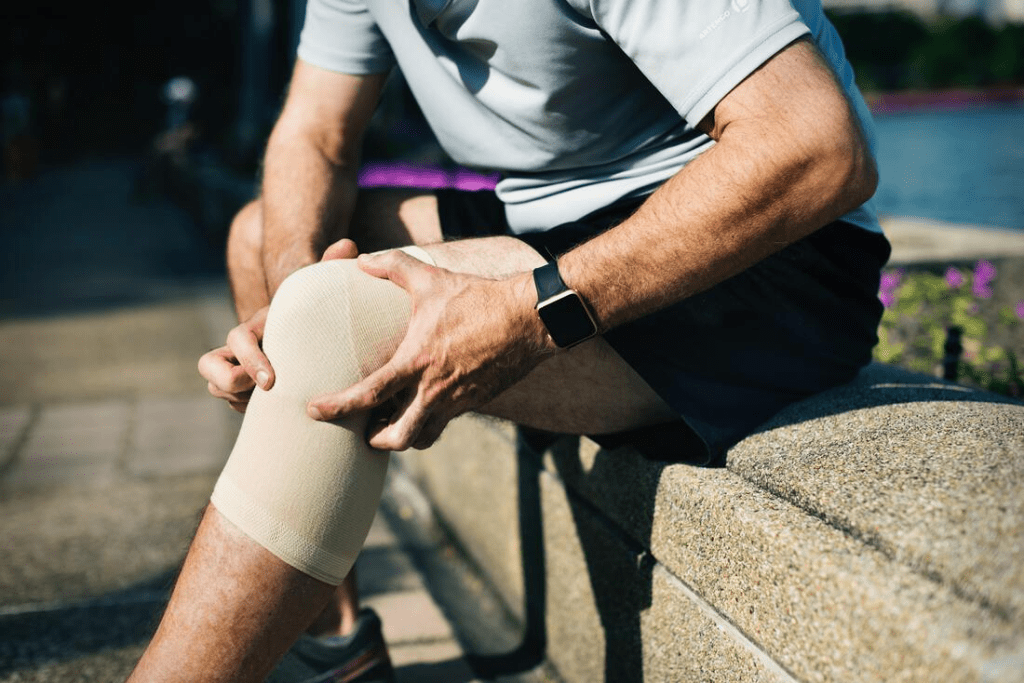Emergencies don’t send a calendar invite. They strike fast, without warning, and often when you’re least prepared. Whether it’s a kitchen mishap, a fainting stranger in public, or something as serious as a poisoning or fracture, what you do in the first few minutes can mean the difference between safety and serious harm. That’s why having some simple, reliable life hacks in your mental toolbox is not just smart—it’s essential.
You might think you’ve heard it all before. But the truth is, some old “remedies” passed down through generations can actually do more harm than good. So let’s clear the air and focus on 12 emergency hacks that are rooted in real safety, not urban legend.
Don’t Rub Your Eye—Let It Wash Itself

If something like an eyelash or dust gets in your eye, your instinct might be to rub it out. Don’t. You’ll risk scratching your cornea. Instead, wash your hands, blink a few times to let your natural tears flush it out, or use a clean, damp cloth to gently remove the particle.
But what if it’s something more dangerous—like metal or glass? In that case, do not touch it. Cover the eye with a clean cloth, keep movement minimal, and head straight to a doctor.
How to Actually Treat a Wound (Hint: Drop the Ointment)
You’ve cut yourself, and now you’re reaching for the antibiotic ointment, right? Hold up. Slathering ointment on a fresh wound can trap moisture and bacteria. What your skin really needs is to breathe.
Clean the wound gently with cool water and mild soap. Skip the alcohol—it stings and can damage tissue. Then, cover it with a dry, sterile bandage to promote clean healing.
Say No to Rubbing Alcohol or Vinegar for Fevers
Old-school fever remedies often include rubbing alcohol or vinegar on the skin. Please don’t. These can get absorbed into the bloodstream, especially in children, and lead to serious issues.
Video : 12 Life Hacks That Can Help You Survive
What works better? Hydration. Lots of it. Keep the room cool (about 61–64°F), use light clothing, and let the body work its magic. If the fever persists or gets dangerously high, call a doctor—not your great-aunt with old remedies.
Someone Just Fainted—What Now?
If someone faints, don’t panic—but also don’t splash water in their face or try to force them upright. Instead, gently lay them on their back and elevate their legs to improve blood flow to the brain.
Loosen tight clothing, monitor their breathing, and wait for them to come around. When they do, don’t give them coffee or energy drinks. Those dehydrate the body. Water is best, and medical attention should follow if the fainting was severe or unexplained.
The Real Way to Treat a Burn
You spilled boiling water or touched a hot pan. The pain is real. But whatever you do, do not smear butter or sour cream on the burn. That just seals in the heat and invites bacteria to the party.
Run cool (not ice-cold) water over the burn for 15–20 minutes. Then cover it with a clean, non-stick bandage. And if blisters appear, don’t pop them. They’re your skin’s built-in infection defense.
Dislocated a Joint? Don’t Play Doctor

You might be tempted to pop that shoulder or finger back in place like you’ve seen in the movies. Don’t. You could end up doing more damage—like tearing tendons or nerves.
Instead, immobilize the joint, keep the limb in a comfortable position, and go straight to a medical facility. Let the pros handle it.
Poisoning Isn’t Fixed by Vomiting
If someone swallows poison, making them throw up might feel like the obvious move. It’s not. Inducing vomiting can worsen the damage—especially if the substance was corrosive—or cause it to enter the lungs.
Instead, call emergency services or your local poison control center immediately. They’ll guide you on the correct steps, which may or may not involve activated charcoal or hospital intervention.
Rescuing a Drowning Person? Avoid Being Pulled Under
You see someone struggling in the water and instinct kicks in. But if you swim straight at them, you could be pulled under by their panic.
Approach from behind, grab them under their arms or by the chin, and use a calm but firm hold to bring them to shore. Better yet, use a flotation device if one is nearby. Always prioritize safety—for both of you.

Don’t Yank Out Objects From Deep Wounds
If something like a knife or metal rod is lodged in someone’s body, don’t remove it. That object might be the only thing slowing blood loss.
What should you do instead? Stabilize it in place with a cloth or bandage and get medical help immediately. Removing it could lead to rapid blood loss or further tissue damage.
Icing a Bruise? Wrap It Up First
Ice helps reduce swelling and bruising—but never apply it directly to the skin. That’s a one-way ticket to frostbite or skin damage.
Always wrap ice or a cold pack in a cloth or towel before applying it. And limit contact to 20 minutes at a time. You want relief, not a new injury.
Suspect a Fracture? Keep It Still
Whether it’s a broken arm or a busted leg, the golden rule is immobilize. Don’t try to realign bones or twist the limb. Use a splint or any sturdy object (like a rolled-up magazine or board) and secure the area with a cloth.
Then get to the ER. The less the injury moves, the better the outcome.
Sprain vs. Strain? Either Way, Keep It Cold
A common myth says applying heat to a sprain will help soothe it. Not true. Heat can worsen inflammation. What you need is cold.
Video : 10 Survival Tips That Turn Out to Be Harmful
Use an ice pack, elevate the injured area, and compress it with a wrap. This RICE method (Rest, Ice, Compression, Elevation) is your best friend in the first 48 hours after a soft tissue injury.
Final Thoughts: Be Prepared, Not Panicked
Emergencies don’t wait for convenient timing. And while professional medical help is always the best route, knowing what not to do—and what to do right—can make a major difference.
From eye injuries to burns, fractures to fevers, the real key is staying calm and applying proven, practical first aid steps. Forget the outdated hacks and focus on science-backed techniques.
Store this list somewhere handy. Or better yet—commit it to memory. Because the day you need it won’t come with a warning. But you’ll be ready.


